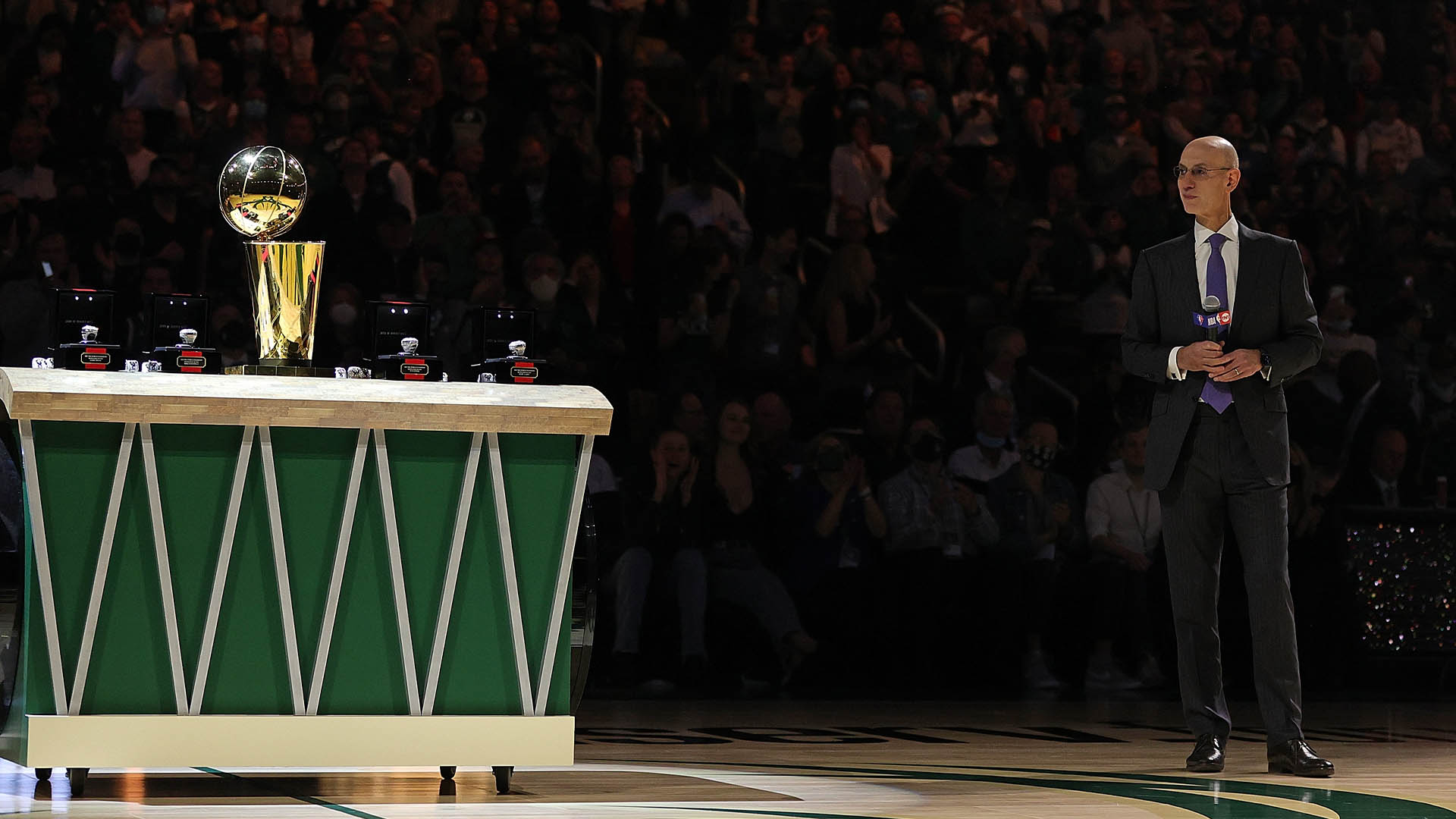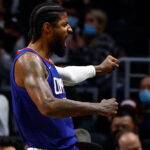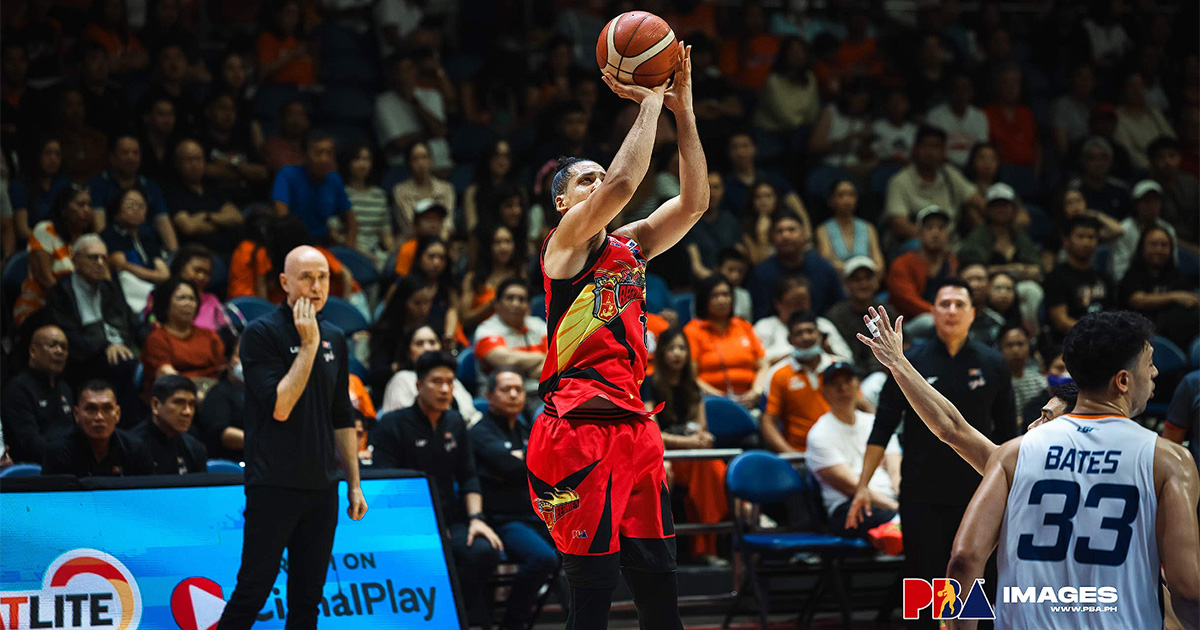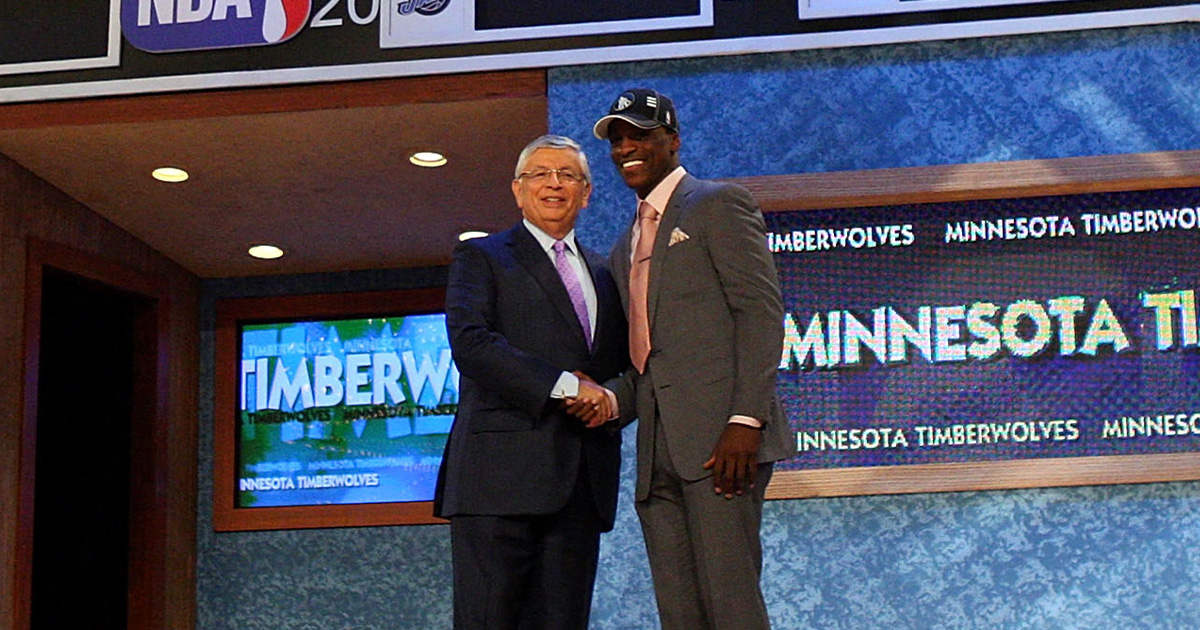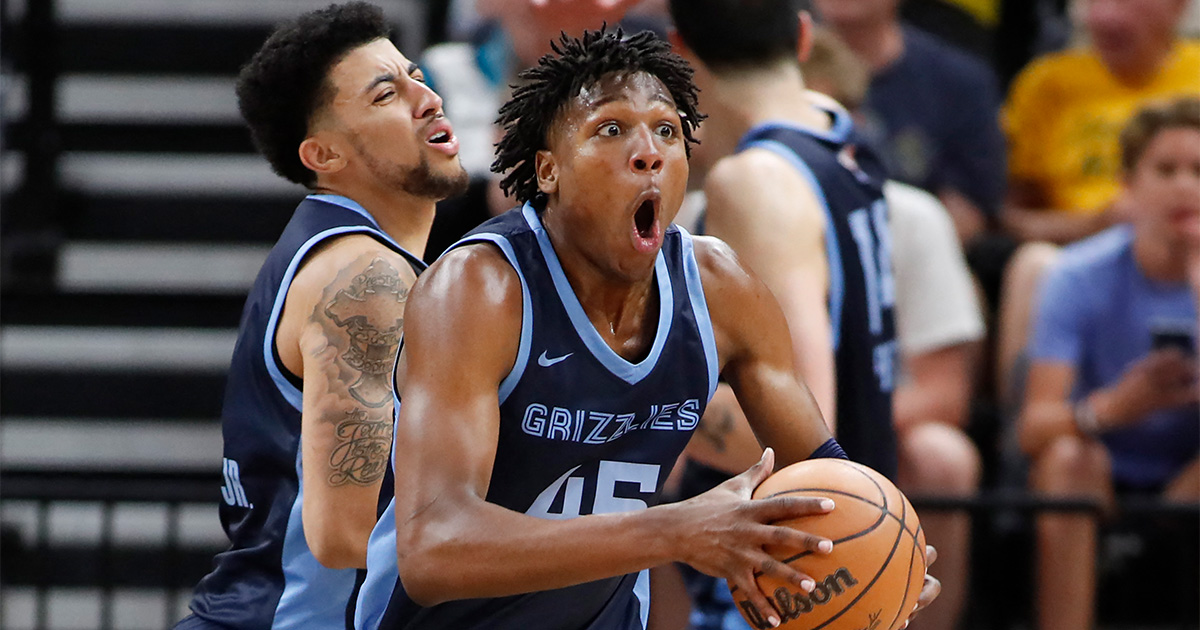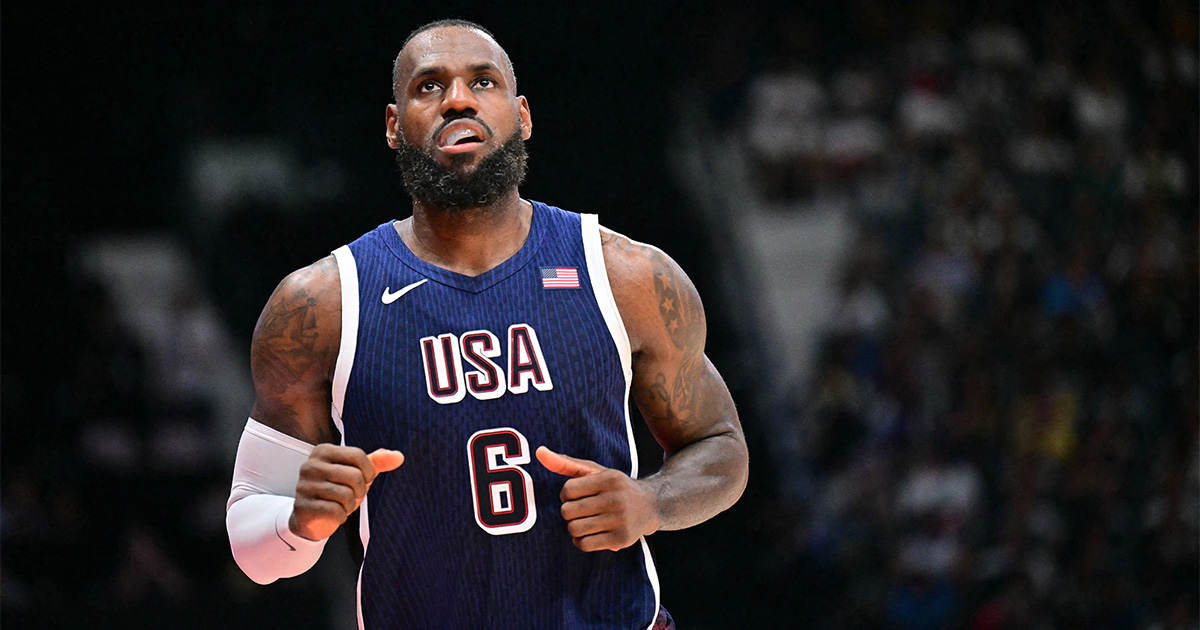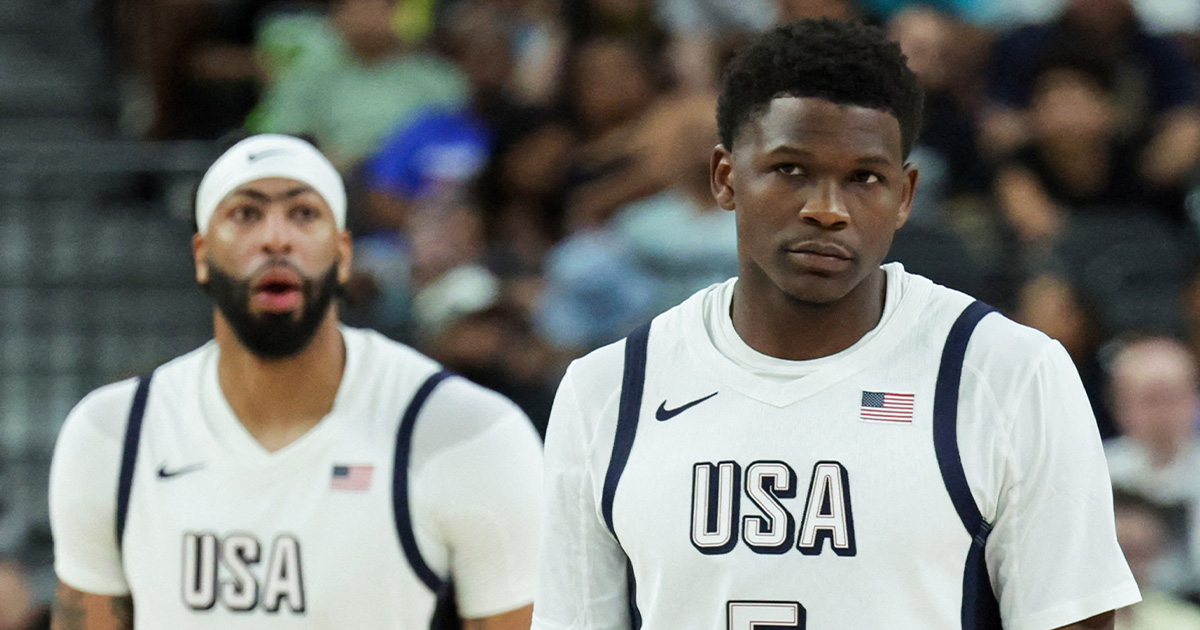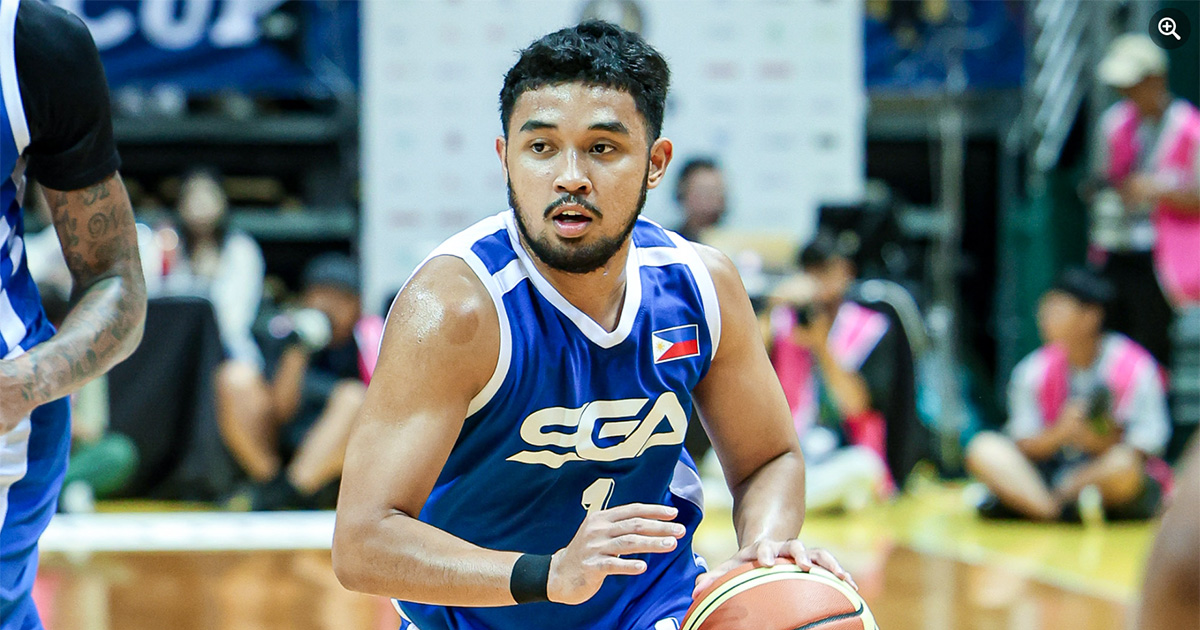The workplace as known by the previous generations has been largely defined by output. Success was the only key metric and those who got the job done and did it well in the eyes of superiors and stakeholders, no matter the cost, were held in high regard.
Today, however, ethics and proper conduct have struck a balance with execution and talent. The accepted culture of “the end justifies the means” is currently evolving, and organizations are now being forced to take a look at more prudent approaches.
Wins and losses continue to define the NBA, but conduct has emerged as another crucial consideration especially as the Association continues to align itself with social justice issues in recent years.
The issues surrounding Phoenix Suns owner Robert Sarver and Portland Trail Blazers Neil Olshey are just the latest episodes regarding bad workplace conduct in the NBA, which over the past decade has started to take a hard line against any form of abuse, prejudice, or discrimination. Despite the Suns’ first finals appearance in 28 years and Olshey’s penchant for building playoff teams (that admittedly often suffer early playoff exits), these issues have not only come to light, but speak volumes of how winning doesn’t necessarily cure everything. The investigations are still ongoing, and it remains to be seen how things will play out. Regardless of the outcome, new precedents will be set.
The league’s stance on conduct has been one of the defining points of NBA commissioner Adam Silver, who began his tenure with the banishment of former Los Angeles Clippers owner Donald Sterling after recordings of him making racist remarks were leaked to the public.
While his actions against Sterling were dealt with a hard hand, Silver has taken a more proactive approach compared to his predecessor, the late David Stern. He has listened to the players, especially when it comes to social justice issues. There’s a certain level of empowerment that this gives, as some teams like the Minnesota Timberwolves have taken steps like firing Gersson Rosas for creating a toxic environment and having an inappropriate work relationship. Silver has also pushed the envelope when it comes to rule changes, mixed reactions be damned.

It goes without saying that the league is progressive, but there remains work to be done. Removing certain personalities can solve some problems, but will it address the culture within the organization? That’s still unclear.
That the issues surrounding Sarver and Olshey only came to light now despite occurring for quite some time speaks to the difficulty that comes with voicing out one’s concerns. We’ve been hearing and seeing judgements meted down on management and owners, but the players seem to be placed in a different light, even if they committed crimes.
Apart from Latrell Sprewell, who was suspended for 68 games for choking head coach PJ Carlesimo, the Malice in the Palace, and other brawls between players (and at times referees) of note, NBA players were punished via major suspension or bans either for substance abuse, being reckless drivers, point shaving, or in the case of Gilbert Arenas and Javaris Crittenton, firearms.
Meanwhile, the largest suspension meted to a player for abuse was to former Charlotte Hornet Jeffrey Taylor, who was handed a 24-game suspension after pleading guilty to one count of domestic abuse and destruction of property. Apart from him, no other player has been suspended for more than eight games, with Darren Collison serving the eight-game suspension after pleading guilty to a misdemeanor battery charge. Both players are out of the league, with Collison weighing a comeback multiple times.
NBA players have only had to serve time as mandated by law before being welcomed back into the league. In fact, Jason Kidd and Chauncey Billups, who have in the past been accused of domestic abuse and sexual assault, respectively, earned head coaching gigs this season.
Moreover, the bottom line remains a heavy influence in the NBA. The league’s tone was markedly different when it came to Black Lives Matter and the Hong Kong protests and it was not lost on those following the NBA and these social issues. From a business perspective, one can see the rationale, especially given that China is the league’s largest market, but the league is toeing a fine line between trying to remain progressive and making sure its business interests aren’t heavily affected.
The NBA is a star-driven league and dealing with personalities is a given. Now, how people are treated has taken on a brand-new. Things aren’t perfect yet, and they probably never will be, but at least some steps are being made in the right direction.

